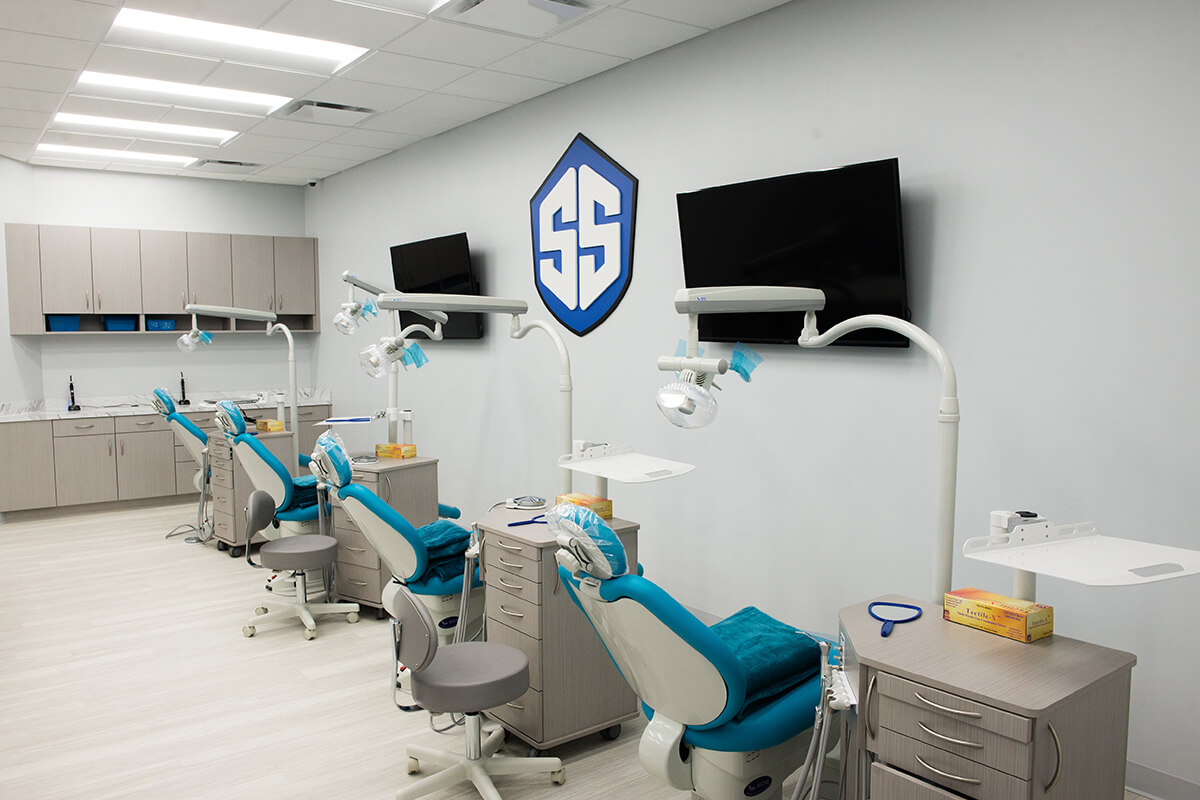Dental coverage through Medicaid is an important aspect of healthcare for low-income individuals and families. Medicaid is a joint federal and state program that provides health coverage to eligible individuals and families with low incomes and resources. Dental coverage is an optional benefit under Medicaid, and each state decides whether to offer it and what services to cover.
Dental coverage through Medicaid can provide a range of benefits for eligible individuals and families. It can help with the cost of preventive and routine dental care, such as cleanings, exams, and x-rays. It can also help with the cost of more extensive dental procedures, such as fillings, extractions, and root canals. Dental coverage can help prevent tooth decay and other dental problems, and can improve overall health and wellbeing.
To be eligible for dental coverage through Medicaid, individuals and families must meet certain income and resource requirements. These requirements vary by state, but generally, individuals and families with income below a certain level and limited assets may be eligible for Medicaid. In addition, some states have special eligibility rules for certain groups, such as pregnant women, children, and individuals with disabilities.
Individuals and families who are eligible for Medicaid can apply for dental coverage through their state Medicaid agency. The application process may vary by state, but generally, individuals will need to provide proof of income, assets, and identity. They may also need to provide information about their healthcare needs and any existing health coverage.
Once an individual or family is enrolled in Medicaid, they will receive a Medicaid ID card that they can use to access dental services. They can use their card to see a dentist who accepts Medicaid, and the dentist will bill Medicaid for the covered services. Medicaid will pay a portion of the cost of the services, and the individual or family may be responsible for any remaining cost, such as copays or deductibles.
In some states, Medicaid dental coverage is provided through managed care plans. Under managed care, individuals and families choose a plan and a primary care dentist, and the plan is responsible for providing dental services. Managed care plans may have their own eligibility requirements, cost-sharing arrangements, and provider networks.
Overall, dental coverage through Medicaid can provide important benefits for low-income individuals and families. It can help with the cost of preventive and routine dental care, and can improve overall health and wellbeing. Eligible individuals and families can apply for dental coverage through their state Medicaid agency, and can access services through a Medicaid-approved dentist.






